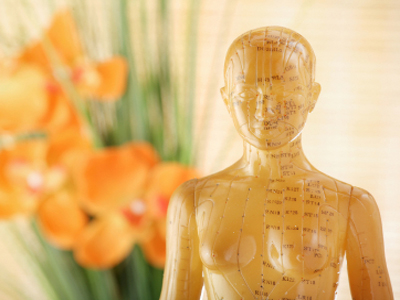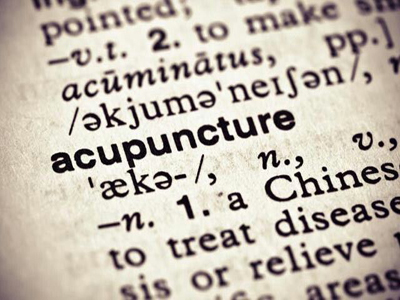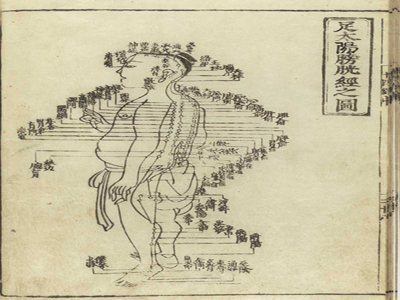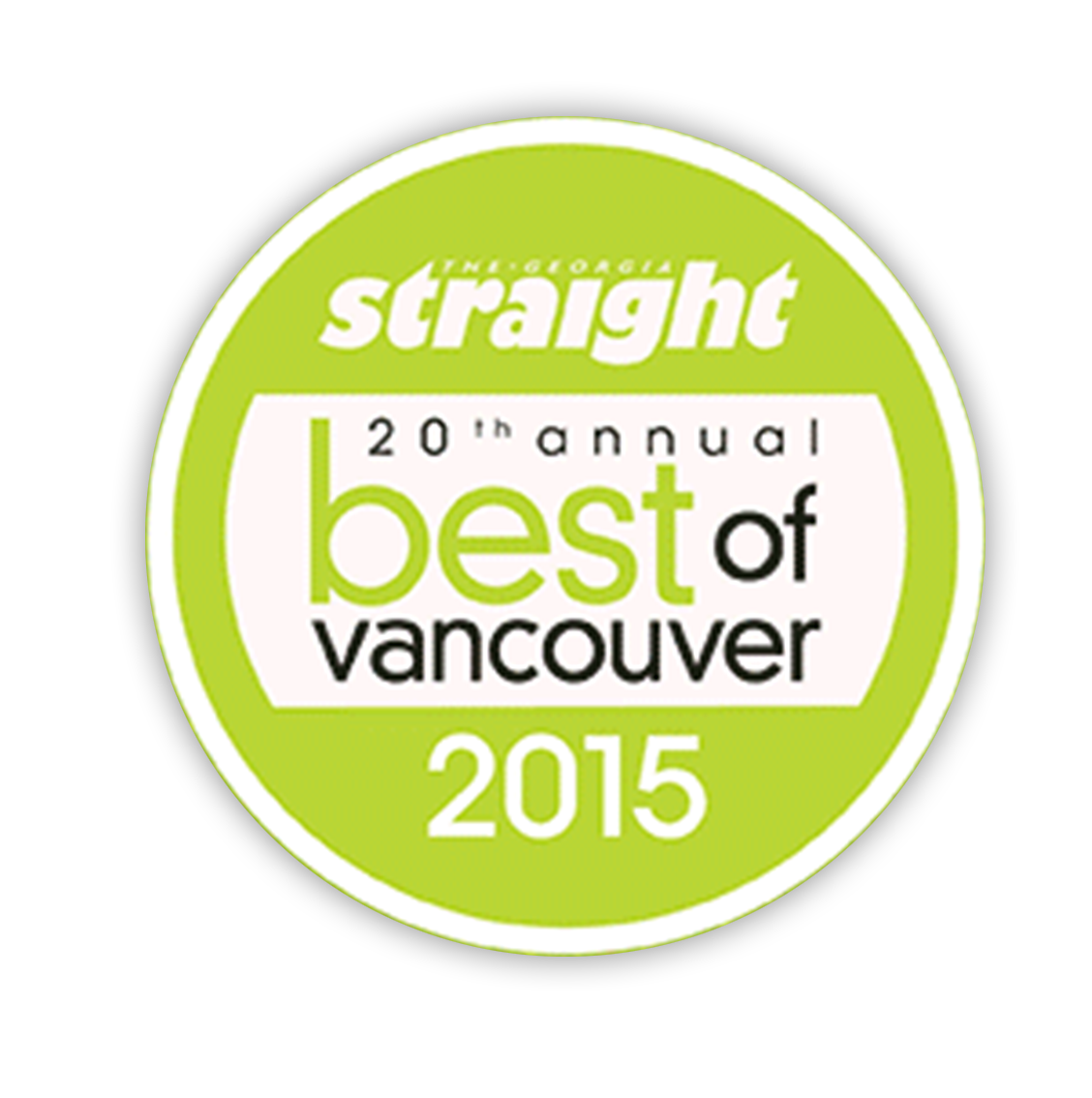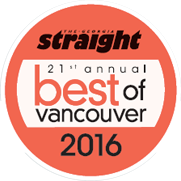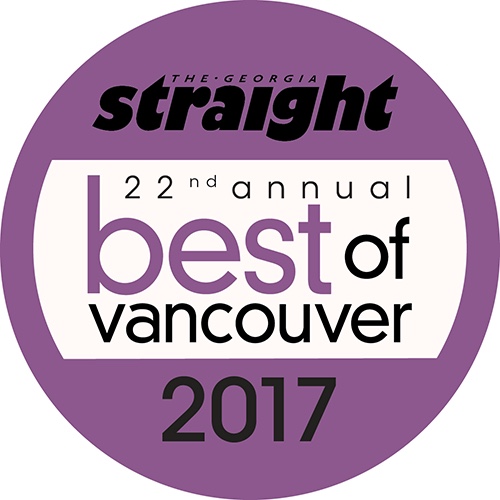What Is Acupuncture?
Traditional Chinese Medicine theorizes that there are approximately 365 acupuncture points on the human body that connects with 12 main and 8 secondary pathways, called meridians. These meridians create an energy flow and conduct energy or Qi (pronounced “chee”) between the surface of the body and internal organs, and is responsible for overall health. Acupuncture is an ancient Chinese practice that involves puncturing the skin with hair-thin needles (filiform) at particular locations, called acupuncture points, to enhance the flow of Qi. Acupuncture is used to balance and keep the normal flow of energy unblocked, and restore health to the body and mind. Traditional Chinese medicine practices (e.g. acupuncture, diet, massage, cupping, moxibustion, exercises, etc.) all are intended to improve the flow of Qi. When you are healthy, Qi flows smoothly and the body is balanced.
Does It Hurt?
The acupuncture needles are so thin that 10 to 15 acupuncture needles can be placed in one hypodermic (injection) needle. The sensation that is expected from acupuncture is not painful (i.e. not what you would expect from a needle). The sensation is called “De Qi” and it can include numbness, aching, tingling, warmth, distension, heaviness, or lightness. The sensation can be local or it may radiate. Many people find acupuncture is actually very relaxing and often fall asleep.
How Safe Is Acupuncture?
Acupuncture is very safe. In Vancouver and British Columbia, all acupuncturists must be licensed and are required to complete an acupuncture safety course, which includes clean needle technique (including disposable sterile needles) and acupoint safety. For further information on the regulations and requirements of Acupuncture in BC, click here. As with any medical treatment, there may be risks involved for the individual and it is important to discuss these with your practitioner.
